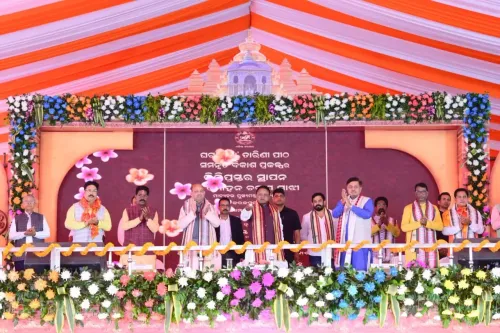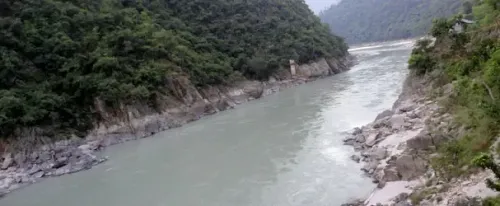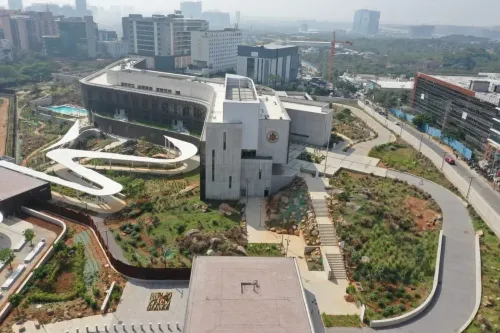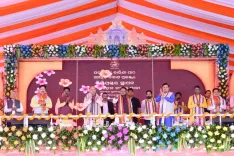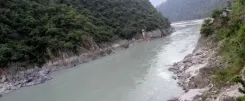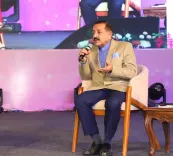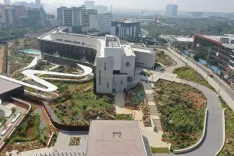What to Expect from Union Home Minister Shah's Visit to J&K?
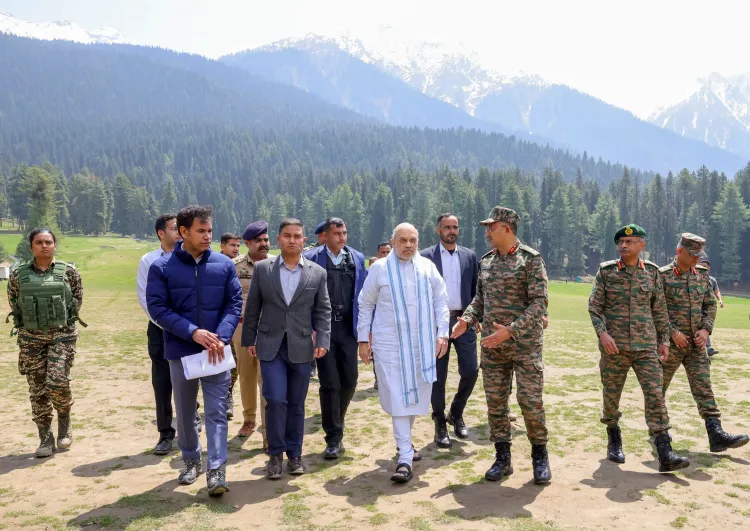
Synopsis
Key Takeaways
- The visit aims to address the aftermath of recent terror attacks.
- Amit Shah will meet families affected by violence.
- Emphasis on unity and security in response to terrorism.
- Targeted military actions have been taken against terrorist infrastructure.
- Community solidarity against violence has been evident.
Srinagar, May 27 (NationPress) Union Home Minister Amit Shah is set to arrive in Jammu and Kashmir (J&K) for a two-day tour starting May 29, according to official sources. HM Shah will focus on the Jammu division during his visit on May 29 and May 30.
“He is expected to travel to Poonch, a border district, to engage with families impacted by the recent Pakistani mortar shelling targeting civilian areas,” sources noted.
This marks the Union Home Minister's inaugural visit to J&K following ‘Operation Sindoor’.
Prior to this, HM Shah was in Baisaran meadow in Pahalgam on April 23, just a day after terrorists backed by Pakistan killed 26 innocent individuals, comprising 25 tourists and one local pony ride operator.
The nation was enraged by this despicable act, which was executed by terrorists after segregating civilians based on their faith.
Syed Adil Hussain, the local pony owner, lost his life while bravely attempting to disarm one of the terrorists, arguing that no religion condones the slaughter of unarmed, innocent civilians.
In response to the Pahalgam terror attack, widespread protests and spontaneous shutdowns occurred across J&K, uniting the diverse populace, including Muslims and individuals from other faiths, in a collective stand against terrorism.
The attack severely impacted the thriving tourism sector in the Valley that was flourishing prior to the tragedy.
In retaliation for this senseless violence, the Indian armed forces conducted precision strikes on terrorist infrastructure in Muridke near Lahore, Bahawalpur, Kotli, and Muzaffarabad in Pakistan-occupied-Kashmir (PoK) as part of ‘Operation Sindoor.’
Consequently, Pakistan intensified its mortar shelling on civilian targets in J&K, resulting in the deaths of 28 civilians, including 13 in Poonch.
The districts of Poonch, Rajouri, Baramulla, Kupwara, and Bandipora were notably affected by the shelling.
Poonch district experienced the most severe casualties and destruction of infrastructure.
During his previous visit on April 23, the Union Home Minister directed the military, CAPFs, and police to spare no effort in ensuring justice for the victims of the Pahalgam terrorist attack.


